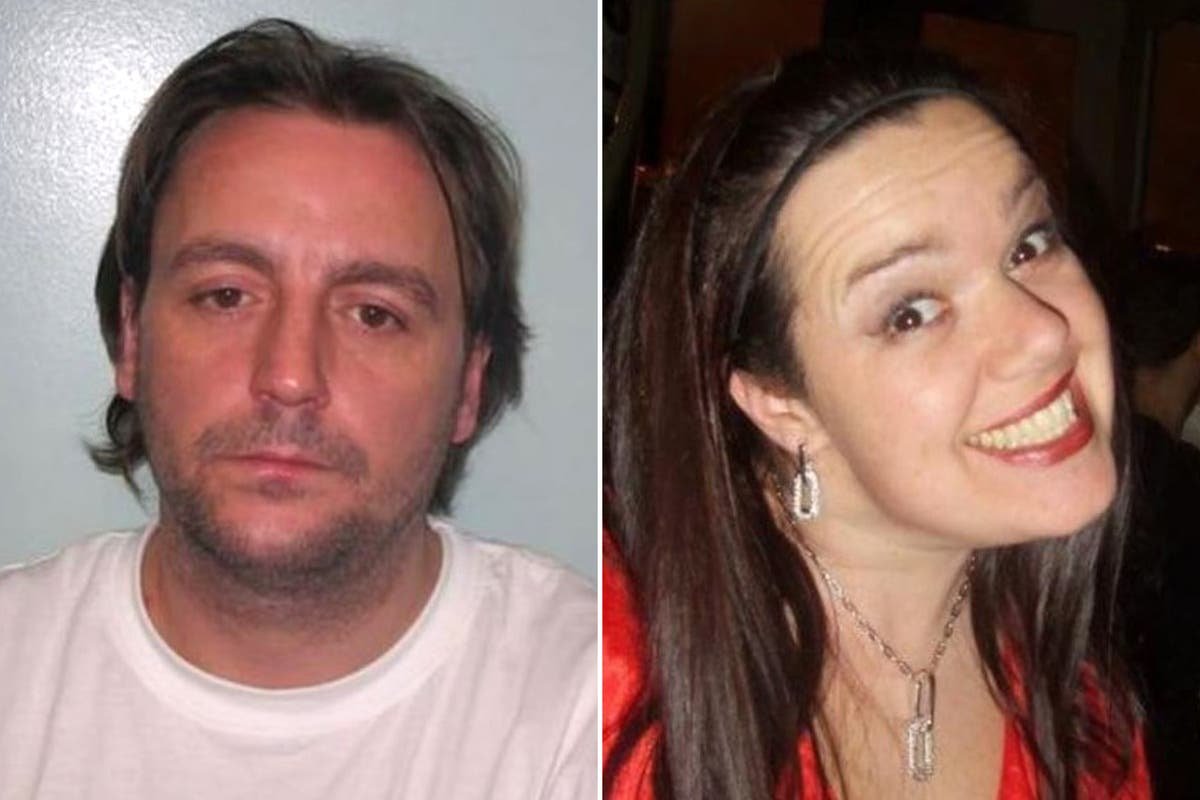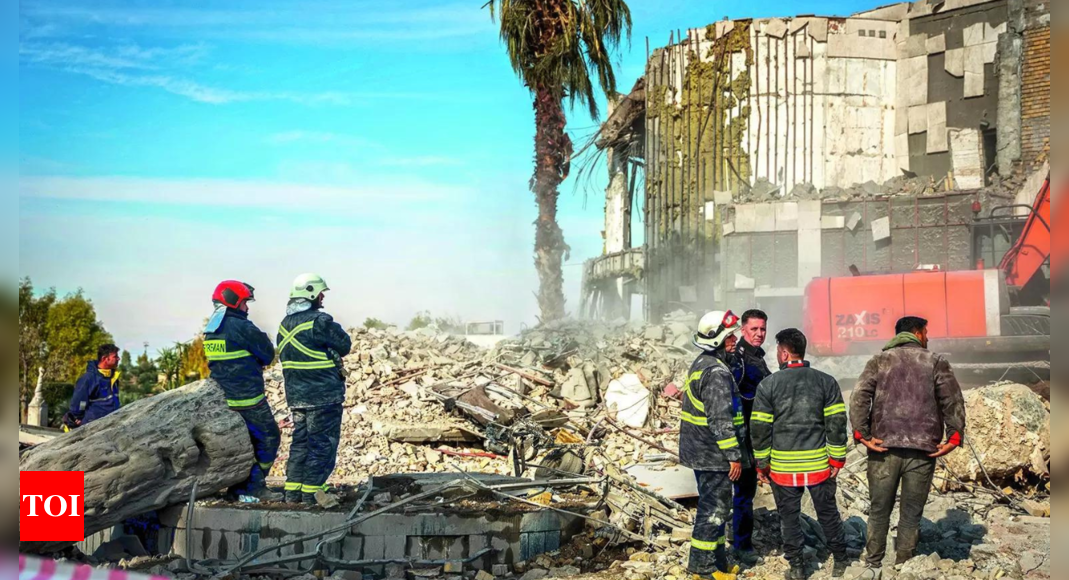Research reveals how long it takes for the police to answer the phone to 999 calls, with one force taking half a minute on average to pick up.
Bedfordshire Police had the slowest response time of any force in the UK at 30.33 seconds, with analysts suggesting that the figures could be down to understaffing.
Forces aim to answer 90 per cent of calls within 10 seconds.
According to analysis of police.uk data by personal injury company claims.co.uk, Lincolnshire Police was the fastest at 7 seconds.

Norfolk Constabulary was the second quickest force, taking an average of 7.16 seconds to answer 999 calls.
Ranking third was West Yorkshire Police, with an average call response time of 7.65 seconds.
At the opposite end of the table, Wiltshire Police was the second slowest force, taking an average of 19.69 seconds to take calls.
West Merica was the third slowest at 18.47 seconds.
A spokesperson for claims.co.uk said: “The time it takes for the police to respond to a 999 call is crucial – the longer the caller waits, the higher the risk of harm and danger to the individual.
“While it’s great to see that the average call response time for the top-ranking forces is under ten seconds, those that rank at the bottom will likely be concerning to locals.
“However, the slowest response times should not instigate doubt on the perseverance and effort of police forces throughout the UK, as it instead suggests that the bottom-ranking forces are understaffed; these areas perhaps need more funding so that they can offer as much support as possible to residents of their areas.”
The Home Office began to publish 999 response call times in 2022 in a bid to “further improve the speed of the service provided to the public.”
The performance tables formed part of the government’s Beating Crime Plan to improve transparency and performance, forming part of the government’s wider ongoing work to cut “crime, improve public services and make our streets safer.”
The department said publishing the 999 league tables would “reconnect the police with the public” and hold individual forces to account, helping identify previously unknown issues “with the goal of driving up performance”.
The data is publicly available through the police.uk website.
Claims.co.uk said it analysed data for each month between March 2023 and February 2024 to calculate the mean answer time for calls to be transferred from BT operators to each police force, as well as the total number of calls.
For each month of the timeframe analysed, the total number of calls was multiplied by the mean answer time to find the weight figure.
The sum of the weight figures was calculated, as well as the sum of the number of calls.
The weights sum was then divided by the calls sum to discover the weighted average for each police force and therefore determine the final ranking.
The Home Office previously said there was a range of reasons for disparities between forces, and the data was likely to vary each month.
Police forces are operationally independent, and each will have its own unique pressures to identify and address.
Prank calls, a lag time in connecting and inappropriate use of 999 to call for issues that are not emergencies, can all contribute to delays in answering.
Seasonal periods, such as New Year’s Eve, particularly hot or cold weather, concerts and festivals, can also have a significant impact on waiting times in some forces due to peaks in people travelling to the force area.
Bedfordshire Police has been contacted for comment.










